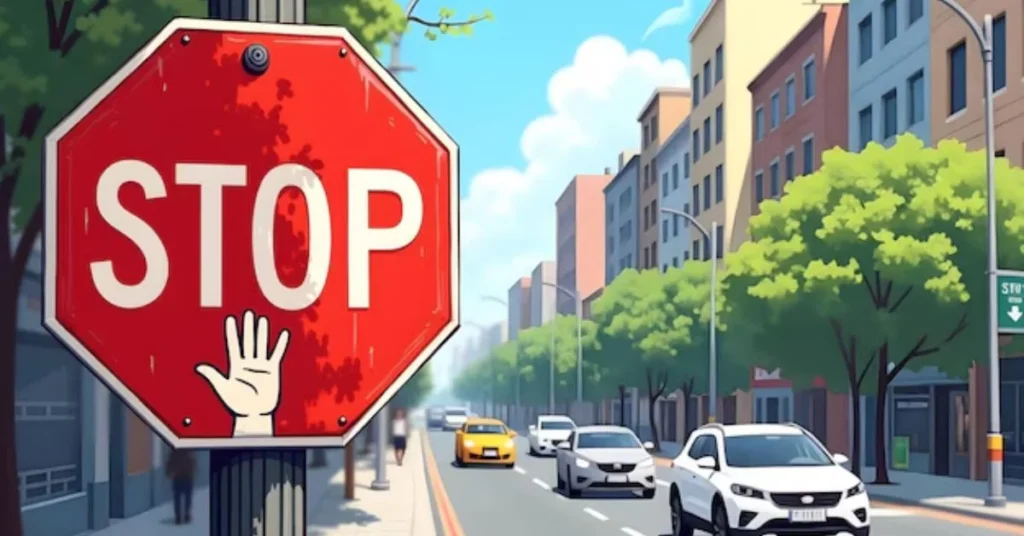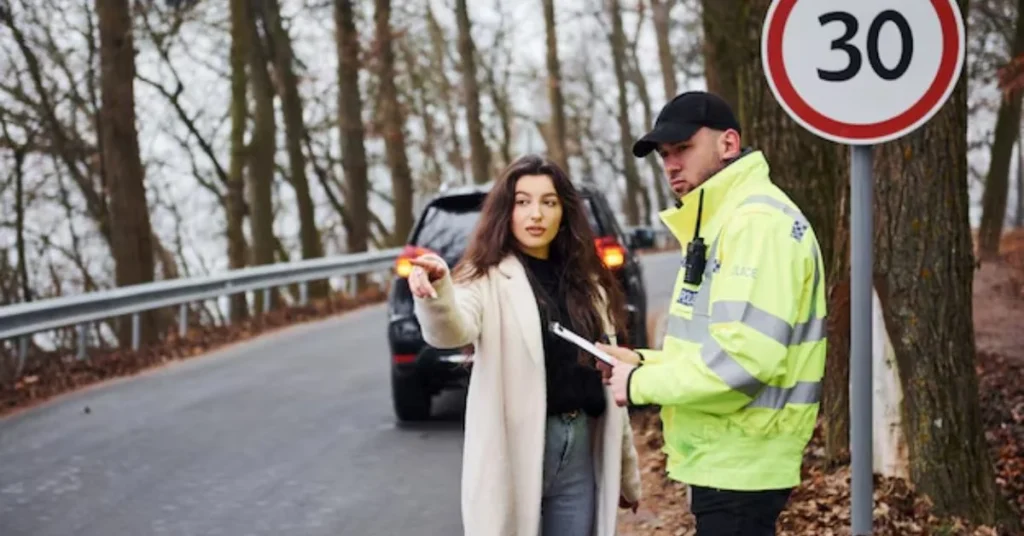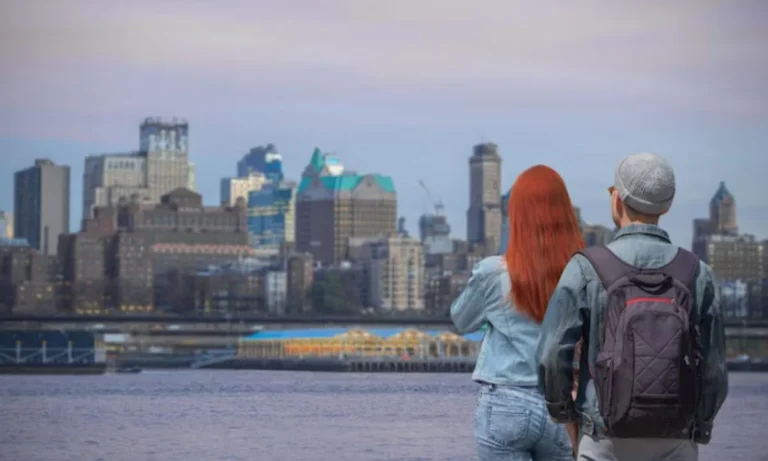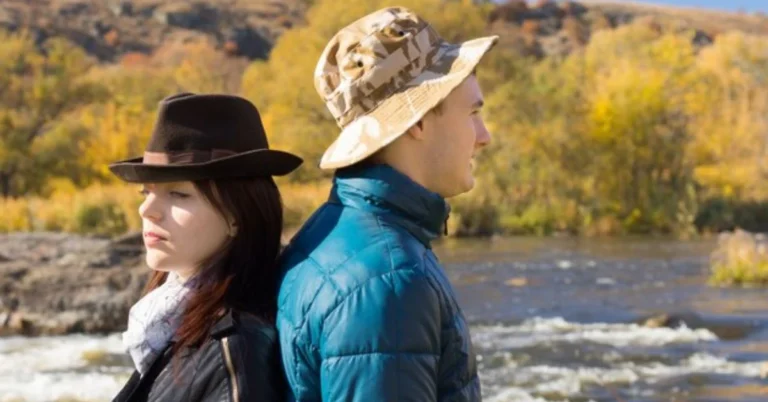
If you’ve ever wondered how to get out of a traffic stop traveling not driving, you’re not alone. Many people seek clarity on the legal differences between traveling and driving and how they impact interactions with law enforcement. While “driving” is often associated with operating a vehicle under the laws of the road, some people distinguish “traveling” as a different activity, often based on constitutional rights. Understanding these differences can help you navigate a traffic stop effectively, especially if you believe your rights are being questioned. In this post, we’ll dive into the legal theories behind traveling vs. driving, how to handle a traffic stop, and what to expect in different scenarios.
1. Understanding the Difference: Traveling vs. Driving
How to get out of a traffic stop traveling not driving starts with understanding the distinction between these terms. According to some interpretations, driving is considered a regulated activity under state law, requiring a license, registration, and adherence to traffic rules. Traveling, on the other hand, is sometimes argued as a natural right to move freely from place to place.
A. Legal Basis of Driving
- Driving is considered a privilege, not a right. It requires a driver’s license and adherence to state and federal traffic laws.
- Traffic laws regulate the operation of motor vehicles on public roads to ensure safety. States have the authority to enforce these rules.
Must read Does Kings Landing Look Like the UK? A Comparison of Fictional and Real-World Inspirations
B. Traveling as a Constitutional Right
- Some individuals claim that “traveling” is a protected constitutional right under the freedom of movement. They argue that this right should not require a license or registration.
- This viewpoint is not widely accepted by courts, and most legal systems treat driving and traveling as overlapping when it comes to motor vehicles.
2. How to Handle a Traffic Stop While Traveling
If you’re pulled over while claiming to be traveling rather than driving, knowing how to get out of a traffic stop traveling not driving can help you navigate the encounter. Staying calm and respectful is crucial during any interaction with law enforcement.
A. Know Your Rights
- When stopped, you have the right to remain silent, as protected by the Fifth Amendment. You can choose not to answer questions that might incriminate you.
- You also have the right to ask if you are being detained or if you are free to go. This can help clarify the nature of the stop.

B. Provide Necessary Identification
- In most states, even if you consider yourself to be traveling, you are required to provide identification when requested by an officer during a traffic stop.
- Refusing to show identification can result in legal consequences, including arrest, in many jurisdictions. It’s important to understand local laws before invoking your right to travel.
3. Communicating with Law Enforcement
A key part of how to get out of a traffic stop traveling not driving is knowing how to communicate effectively with officers. Being polite and clear about your position can make a difference in the outcome of the stop.
A. Ask Questions Politely
- Asking, “Am I being detained, or am I free to go?” can clarify whether the officer has a reason to hold you.
- If the officer insists that you are driving, you can explain your position calmly. However, be prepared that not all officers will accept this explanation.
B. Avoid Arguments and Stay Calm
- Arguing with the officer can escalate the situation. It’s best to remain composed and avoid confrontational language.
- If you believe your rights are being violated, document the encounter when possible and consult with an attorney afterward rather than engaging in a dispute on the spot.
4. Legal Consequences of Refusing to Cooperate
Understanding the potential legal outcomes is crucial when learning how to get out of a traffic stop traveling not driving. While some individuals assert their right to travel, this stance may not be accepted by all law enforcement or courts.
A. Potential Charges
- Failing to comply with an officer’s request for identification or refusing to step out of the vehicle when asked could lead to charges like obstruction of justice or resisting arrest.
- If your claim of traveling is challenged, you may face fines or legal action for driving without a license or registration.
B. Court Outcomes
- It’s important to know that most courts do not recognize traveling as a distinct activity that exempts one from driving laws.
- If you receive a citation or are charged, you may need to defend your position in court, which can be time-consuming and costly.

5. Common Misconceptions About Traveling vs. Driving
There are many myths surrounding how to get out of a traffic stop traveling not driving. Understanding the reality behind these misconceptions can help you avoid unnecessary legal trouble.
A. Traveling Does Not Automatically Exempt You from State Laws
- While some people argue that they are not required to have a driver’s license when traveling, most states enforce licensing laws for anyone operating a motor vehicle.
- Relying on this argument during a traffic stop may not prevent you from receiving a ticket or facing further legal action.
B. Traveling Rights Are Subject to Interpretation
- The right to travel freely is protected under the U.S. Constitution, but its interpretation varies among states and courts. This makes it difficult to predict the outcome of invoking such a right during a traffic stop.
Conclusion: Should You Claim to Be Traveling Not Driving?
Navigating how to get out of a traffic stop traveling not driving can be complex. While some individuals firmly believe in their right to travel without adhering to driving regulations, the legal system does not always recognize this distinction. Understanding the potential risks and being prepared for different outcomes is crucial. For most travelers, following standard traffic laws and providing necessary identification during a stop is the safest approach. However, knowing your rights and how to communicate them can still be valuable in any encounter with law enforcement.If you’re interested in learning more about your rights and traffic laws, resources like the American Civil Liberties Union (ACLU) offer guidance on interactions with police. Remember, How to Get Out of a Traffic Stop Traveling Not Driving. Staying informed is the best way to protect yourself during any roadside encounter.

Can I legally refuse to show my driver’s license during a traffic stop if I am traveling?
In most states, you are required to show identification during a traffic stop, even if you consider yourself to be traveling rather than driving.
Is it true that I do not need a driver’s license to travel by car?
Most courts do not recognize a distinction between traveling and driving when it comes to motor vehicles, so a driver’s license is typically required.
What should I say during a traffic stop if I believe I am traveling, not driving?
You can politely explain your belief that you are traveling, but be prepared for the officer to enforce standard driving laws.
Can I record a traffic stop to protect my rights?
Yes, in most states, it is legal to record interactions with law enforcement as long as it does not interfere with their duties.
What should I do if I receive a citation for driving without a license?
If you receive a ticket, it’s best to consult with an attorney who understands traffic laws and constitutional arguments related to traveling.







